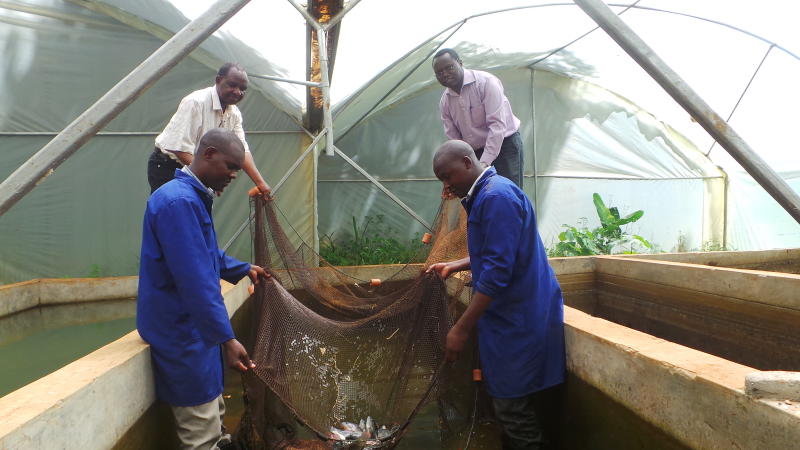×
The Standard e-Paper
Kenya’s Boldest Voice

Efforts to encourage Central Kenya residents to consume more fish reared locally appear to have hit a snag with Nyeri and Meru counties now seeking to lease out two of the largest fish processing plants in the region.
Wamagana processing plant in Nyeri and Kanyekine fish factory in Meru were both inherited from the national government under the Economic Stimulus Programme (ESP) during President Mwai Kibaki’s tenure.